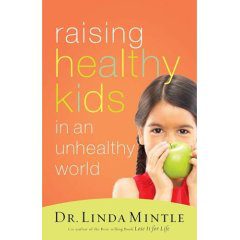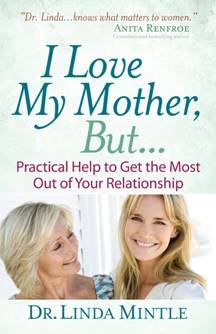 I am weighing in on the ridiculous position of a physician and lawyer who argue that extremely obese children in dangerously poor health should be placed in foster care. The Journal of the American Medical Association (JAMA) should never have printed the opinions of these two people who posit foster care is a more ethical solution than obesity surgery for morbidly obese children. Dr David Ludwig, the author, is a respected obesity expert, but his idea is a slippery slope of too much government involvement in the private lives of people.
I am weighing in on the ridiculous position of a physician and lawyer who argue that extremely obese children in dangerously poor health should be placed in foster care. The Journal of the American Medical Association (JAMA) should never have printed the opinions of these two people who posit foster care is a more ethical solution than obesity surgery for morbidly obese children. Dr David Ludwig, the author, is a respected obesity expert, but his idea is a slippery slope of too much government involvement in the private lives of people.
As an eating disorder specialist and professional who has been treating people with weight problems for over 30 years, I know the frustration Dr. Ludwig and lawyer/researcher Lindsey Murtagh feel when it comes to helping kids who are morbidly obese. It is sad to watch a 200 pound child teased by playground bullies! My heart goes out to overweight kids because I know the emotional and physical pain they endure. And though Ludwig and Murtagh go to great lengths to avoid blaming the parents, how else can you interpret this? Placing a child in foster care is an indictment of the family. And do we really want the government deciding how a parent should feed his or her child? I don’t.
I’m part of a community coalition at a medical school dedicated to fighting childhood obesity. Part of our mission is to address all the factors that play a role in overweight kids–finances, schools, unsafe neighborhoods, lack of sidewalks, the cost of healthy foods, emotional eating, poor choices, media and more. Following the author’s logic, maybe we should lock up city officials whose parks and recreation facilities are broken and unsafe. Or perhaps round up advertisers who create demand for unhealthy products. Next we might legislate that low income kids be bussed to fresh markets or, how about we arrest people for too much screen time? Watch out Mrs. Obama. We saw the report of your lunch of burger, fries and a chocolate shake! You might be next.
I know it is parents who feed their children and buy the food. A two-year-old doesn’t walk into a fast food restaurant and order fries for herself. Obviously, the parents need help to make changes. But you have to want to change. In the land of the free, we don’t dictate change. For those families who do want help, maybe we could offer programs with personal coaches, accountability partners and daily sessions- a sort of “biggest losers” for families. Statistics tell us that if one parent is overweight, the child has a 40% or more chance of being overweight. When both parents are overweight, the risk rises to 80% so taking children away from their families to lose weight and then returning them would probably result in a regain of the weight even if we liked this idea.
Evaluating the unique needs of each family with an overweight child and tailoring treatment to the family seems like a better solution than removing kids from the ones they love. Otherwise, we’ll have to add attachment issues to their treatment!
Several of the families I have treated knew what to buy and eat. Knowledge wasn’t power. Food served other purposes in their lives. It calmed them when they were stressed. It provided a reward for a tough day. It allowed them to escape into pleasure instead of facing difficult relationships. It medicated hurtful feelings and soothed rejection. Food was a friend, always available and pleasurable. Taking a child away from parents doesn’t address any of these issues.
Bottom line, scrap the foster care idea. It violates our freedom and doesn’t address the multiple factors involved in childhood obesity.
For help with mindless eating, Dr. Linda Mintle’s book, PRESS PAUSE BEFORE YOU EAT



